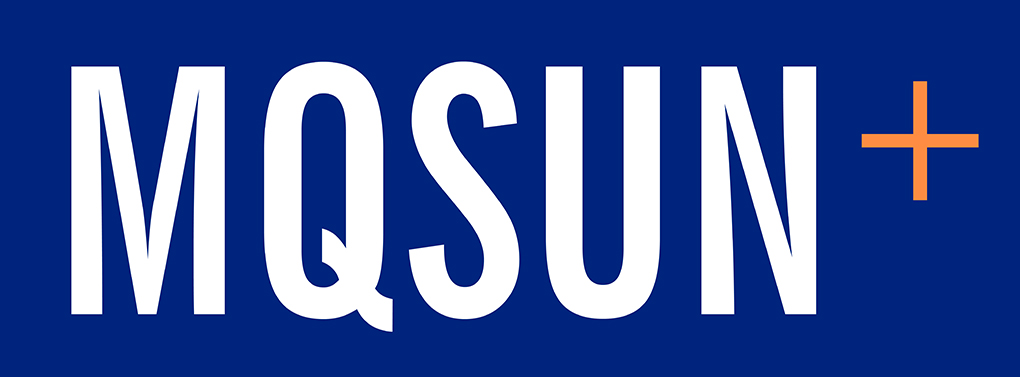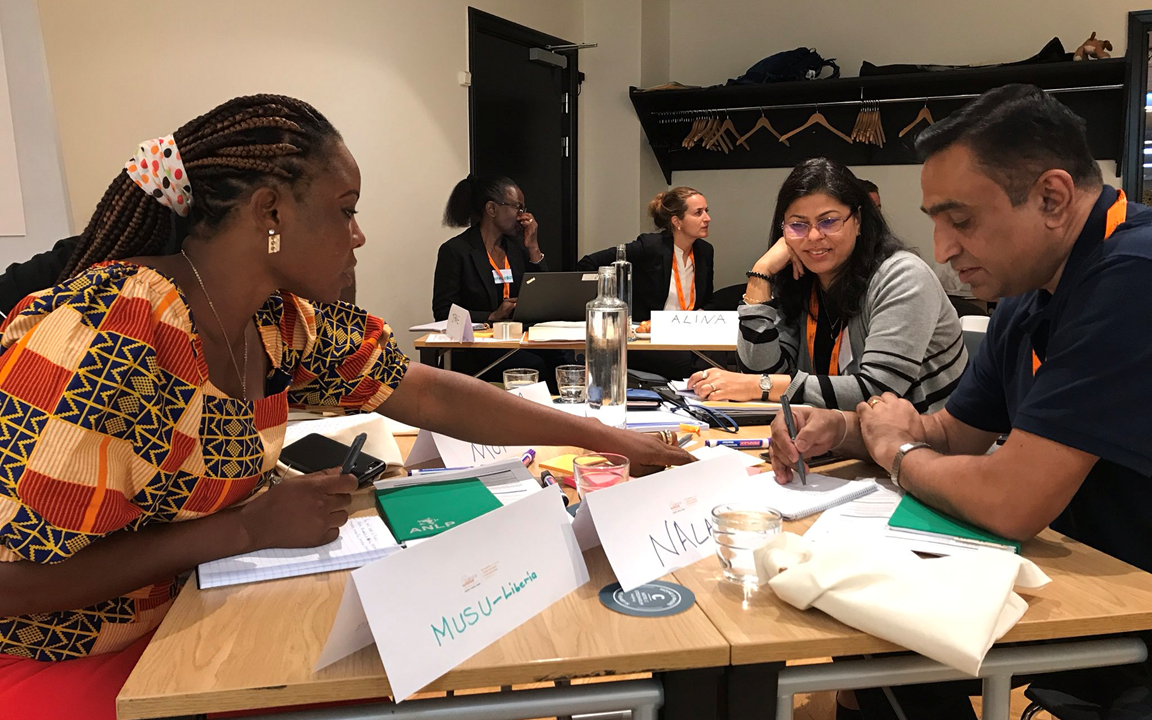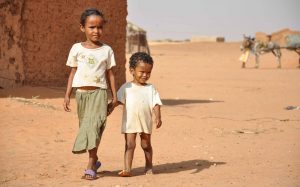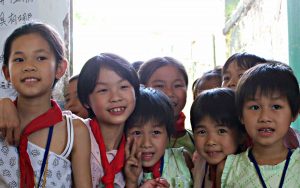Since 2017, Maximising the Quality of Scaling Up Nutrition Plus (MQSUN+), in collaboration with the Scaling Up Nutrition (SUN) Movement Secretariat (SMS), the International Food Policy Research Institute (IFPRI) and Nutrition International, has been supporting a joint programme to strengthen the functional capacity of SUN and Comprehensive Africa Agriculture Development Programme (CAADP) Focal Points.
Why functional capacity building?
These Focal Points are key players in advancing multisectoral nutrition within countries and across the globe. As they do not work as lone individuals but as part of wider networks, functional capacity skills are critical to their efforts to effectively engage across sectors and stakeholders; however, capacity gaps can exist amongst these leaders. Considering the interlink between agriculture and nutrition, SMS and IFPRI decided to bring together their own separate initiatives to assess the key functional capacity gaps of SUN and CAADP Focal Points and to develop a joint training programme to address them.
What is functional capacity building?
There is no universally accepted definition of functional capacity. Regardless of setting or context, functional capacity refers to the capabilities that are required to make a desired change happen. For the purposes of this programme, it refers to the essential skills or core competencies that facilitate the delivery of technical expertise to drive this change—to allow adequate relationship building and team functioning for planning, implementing and monitoring and evaluating multisectoral and multi-stakeholder plans for scaling up nutrition in action. These capacities enable governments to plan, lead, manage and sustain action across different sectors, amongst multiple stakeholders and between many levels and require aligned commitment for a given purpose, as well as effective coordination and collaboration.
What has MQSUN+’s primary role been in this programme?
MQSUN+ has been supporting this functional strengthening programme from the very beginning. Ms Jane Keylock, who has been supporting this initiative from its early days, notes: “this put [MQSUN+] in an important position since it gave us a deep understanding of how things came to be and also a good line of sight that runs through the whole process”. Given the long-term nature of this initiative, the joint functional capacity strengthening programme was divided into three phases: diagnostics, design and training implementation. During this time, MQSUN+ led the assessment to identify existing capacity needs and make recommendations for capacity building, and now has co-organised two workshop retreats designed to actively strengthen the functional capacity of SUN and CAADP Focal Points. Ms Keylock regards the process positively thus far, in part due to “[partners] taking on roles which play to their strengths and capacities” and “SMS [remaining] in the lead, which is incredibly important”.
What are the priority functional capacity needs?

Following a related session at the 2017 SUN Global Gathering, MQSUN+ conducted an assessment of the functional capacity needs of SUN and CAADP Focal Points. Collectively, four priority functional capacity needs were identified: leadership, advocacy, communication and coordination. The assessment also highlighted additional skill gaps for self-management capabilities, social capabilities and work facilitation capabilities. These results informed the subsequent design of the capacity strengthening programme.
How can these functional capacities be strengthened?

Next, MQSUN+ and partners developed content and materials to be used in the pilot and future training workshops. Ms Keylock highlights that “the diagnostic report [from Phase 1] formed the basis of discussions on which were the priority functional capacity gaps. There were some in-depth discussions on what each of the gaps means in the daily life of a Focal Point, but in the end, the priority ones emerged quite naturally.” From there, the team adapted the training methodology and materials from the African Nutrition Leadership Programme—as they are “tried and tested”—to these priority functional capacity areas and to the audience of SUN and CAADP Focal Points.
What has the progress been thus far?

Thus far, MQSUN+ and partners have conducted two retreats to strengthen functional capacity for SUN and CAADP Focal Points. Key sessions focused on leadership, self-awareness and strategic communication and an oft-communicated theme in the second retreat was ‘lead from where you stand’ to encourage participants to harness the full potential of their positions in scaling up nutrition.
The pilot retreat took place Bangkok, Thailand in November 2018 just before the Food and Agriculture Organization of the United Nations/IFPRI Global Conference on Accelerating the End of Hunger and Malnutrition. By and large, the participants found the session on leadership/management to be the most useful, followed by sessions on reflection and then self-awareness. Lessons from the pilot retreat were used to enhance the next workshop.
The second workshop retreat took place in Stockholm, Sweden in June 2019—just ahead of the EAT Forum—with a strong focus on how to consider nutrition in the food system. As well, aligning with goals to promote equity and expanding on prior learnings, sessions engaged participants more deeply on topics relating to gender.
Preliminary feedback from the participants noted a range of ‘very useful’ sessions. From the session on self-awareness and reflection, one participant emphasised a new goal to actively pursue personal behaviour change directed at “self-reflection to understand my real potential to be a good effective leader, information/evidence-based decision making and thinking about my contribution even in a little way towards achieving greater goals”. The next most popular sessions were on ‘leading from where you stand’, strategic communications, gender integration, food systems, multisectoral collaboration and technical assistance.
One participant highlighted that a striking moment from the course for personal growth was the desire to “[realise] my full potential to be a leader despite the challenges one is facing to scale up nutrition in my country” and “to also realise that I need to acknowledge the leaders at all angles and all levels”.
Emphasising the popularity of the integration of gender, one participant remarked, “I have a new gender perspective that will support and enable me to view nutritional requirements of women in different subject positions in terms of the importance of breastfeeding and adequate supply of nutritional food to prevent stunting in children.”
Ultimately, the Stockholm workshop not only met and exceeded functional expectations, it provided an eye-opening experience for Focal Points who function within demanding positions. One Focal Point reflected that “sharing experiences encouraged me, that I am not alone in facing challenges and they are of similar nature [to others].”
What are the next steps for this programme?
This functional capacity strengthening programme has the opportunity to develop beyond the scope of the SUN Movement and CAADP. However, for this to be sustainable, supplementary teachings need to be close at hand in order to refresh skills over time. Hoping to reinforce functional capacity beyond the retreats, the partners are exploring opportunities for Focal Points to engage in peer-to-peer learning and mentoring, through WhatsApp group chats and other online platforms for knowledge sharing, for example. As well, the partners are looking to develop webinars to promote follow-up learning and continued information-sharing.
Lessons from this initiative—from the capacity needs assessment to the design and implementation of the workshop retreats—can be used not only by SMS and CAADP but also by others who seek to enhance functional capacity for multisectoral nutrition in action. Looking to the future of scaling up nutrition as a whole, Ms Keylock emphasises “decentralisation as the way forward,” and for this programme to be sustainable, “perhaps capacity strengthening should take a more decentralised approach too.” Ultimately, the future of the SUN Movement relies on the engagement and skills of in-country leaders, and this functional capacity-strengthening programme aspires to see Focal Points harnessing the power of their positions to catalyse change, improve nutrition and, in short, lead from where they stand. “By supporting countries more closely, the translation of stronger functional capacities into nutritional outcomes at the country level is more likely,” states Ms Keylock.





